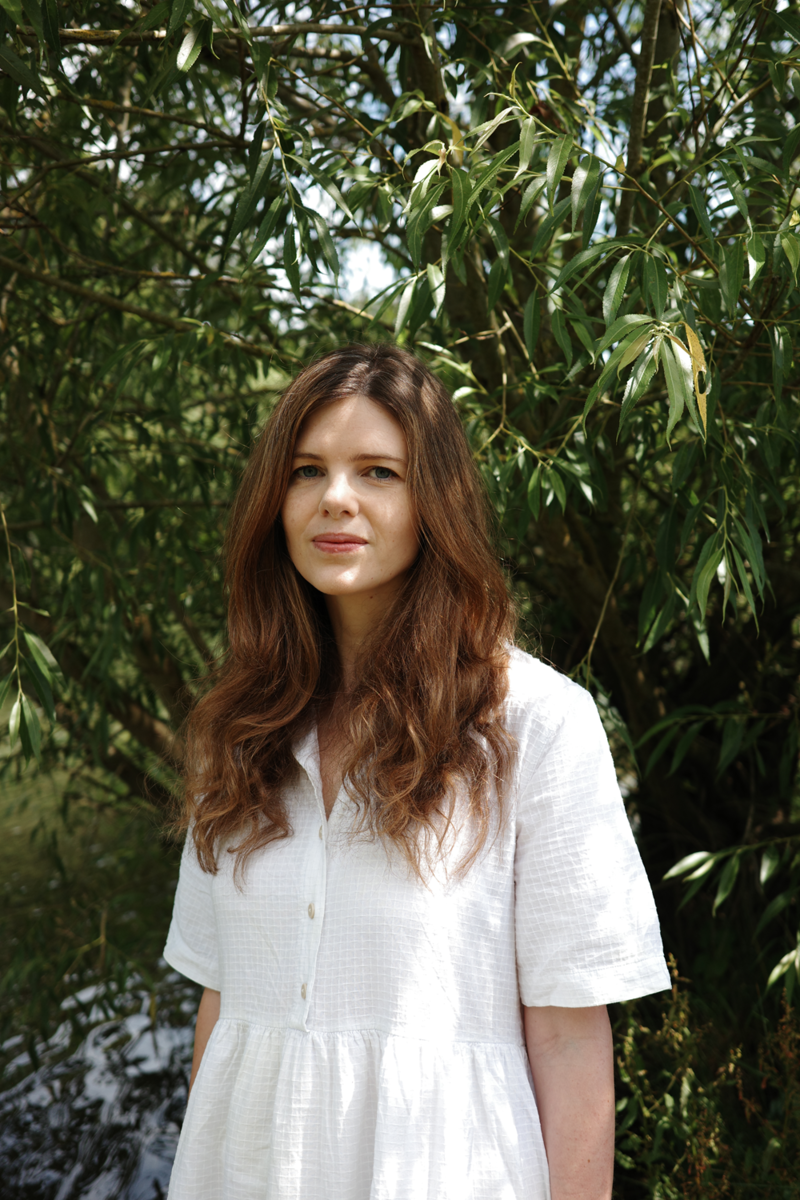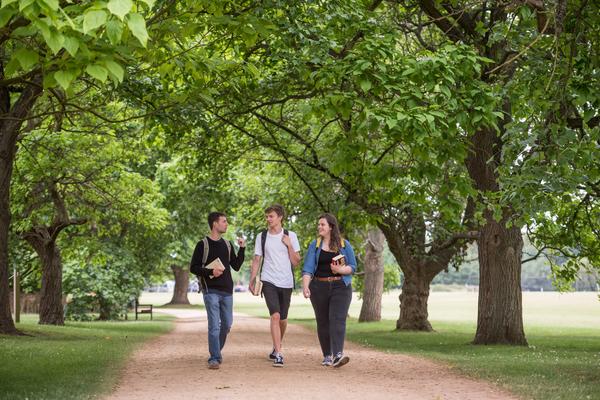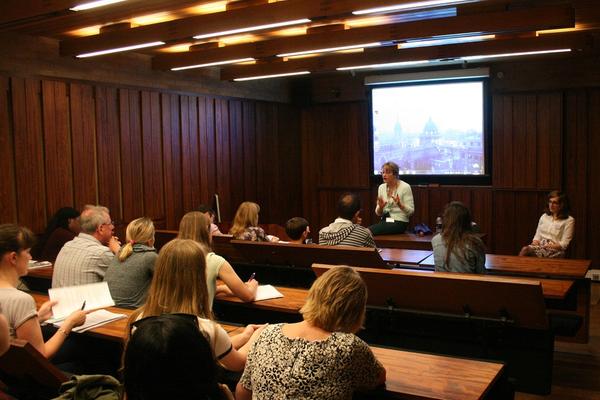Spotlight on alumni: Xenobe Purvis
Spotlight on alumni

Of Oxford’s many beautiful places and magnificent reading rooms, Duke Humfrey’s Library is for me the most special of all. It was there that I prepared for my finals, beneath the painted ceiling, the austere portraits, the rows of timeworn spines. I adored it: suspended above the bustle of Radcliffe Square, picking my way through centuries-old volumes. Since then, my work has taken me to libraries and archives from Basel to Los Angeles, but I will always have a fondness for that exquisite space.
I first felt the thrill of unearthing there. I wasn’t merely learning, I was discovering: a giddy idea for a callow undergraduate. Turning yellowing pages, I lost myself in the accounts of early modern writers. My love of research—of digging, of foraging—took hold then, a love which has informed most of my career.
It was this love that led me to take a job assisting Katherine Bucknell, the scholar and novelist, with research for her biography of Christopher Isherwood. The material I encountered at that time was relatively recent—20th rather than 17th century—but the thrill remained the same. This connected me with the brilliant Christopher Isherwood Foundation, for which I have worked for many years, while continuing to hone my research skills in giving freelance assistance to various authors, academics and even screenwriters. With Katherine, I am currently at work on the hugely interesting project of co-editing Isherwood’s selected letters. This has led me to innumerable archives—even back to Oxford, pursuing papers in the Weston Library—and I will never tire of the fresh excitement that comes with finding a new letter in Isherwood’s hand.
From historical documents I like to build a human picture. I look for clues on the page; I rootle around for the story. This foraging instinct led to the creation of my debut novel, The Hounding, recently published by Penguin Random House. I came across a curious true account of five “barking” sisters in Oxfordshire in 1700 and knew immediately I needed to write about the case. I did months of research, immersing myself in the era and setting. I sought to imagine how the small community in which the girls lived might have responded to this strange phenomenon in its midst. I hoped to make the time-period feel as authentic as possible and tried to weave in as much genuine historical texture as I could.
Here again I made use of some wonderful libraries near me—this time the British Library and the London Library. I had earned a place on the London Library’s Emerging Writers Programme a few years after graduating and enjoyed exploring the stacks there. My research experience was invaluable in writing the novel; I drew on the diaries of the Oxford antiquary Anthony Wood, the Miscellanies of John Aubrey, the entertaining observations of Samuel Pepys. I read poetry and novels from that era and beyond, making use of the lyrical findings of the author and naturalist Robert Gibbings as he explored the Thames Valley. The novel is in many ways a love letter to the landscape of Oxfordshire (and Oxford itself features once or twice). It’s also a kind of love letter to the many influential books that have informed my taste and thinking over the years.
I encountered several of my favourite writers at university—guided by wise tutors—and The Hounding holds within it a range of early influences (some more obviously than others). Pride and Prejudice is in there, and perhaps a dash of Dickens. If you look hard enough, you might find Ovid, E. M. Forster, John Clare, certainly some Angela Carter. It’s an odd mixture, but they co-exist in my imagination quite comfortably. I can picture myself reading all these works as a young woman: at a desk in the English Faculty Library; in the pink house on Longwall Street where I lived in my second year; on the lawn in New College Garden. And of course in Duke Humfrey’s Library.
I hope I’ll get back there before too long. It will be like time-travelling in more ways than one; as though an undergraduate again, I’ll find my favourite chair and look out onto the familiar view. What a privilege to have spent so much time in one of the most beautiful libraries in the world. I owe that place so much.






